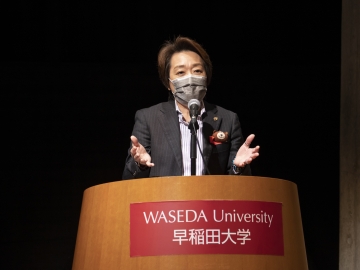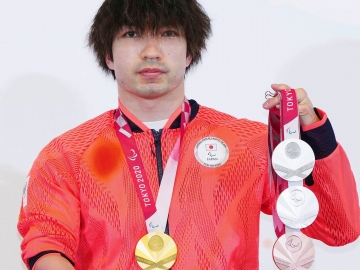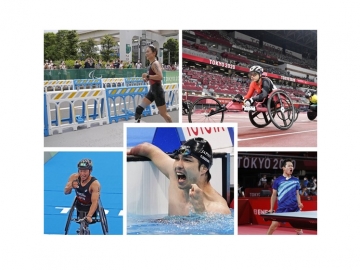The fourth interview features Momoka Muraoka, a first year student in the Graduate School of Sport Sciences. Ms. Muraoka was a big success at the Pyeongchang Paralympic Games in February last year, winning five medals in alpine skiing. This past August, she announced that she would aim for the Tokyo 2020 Games in Para-athletics events. We asked Ms. Muraoka, who is taking on a new event, her feelings about the Olympics and the things she values!
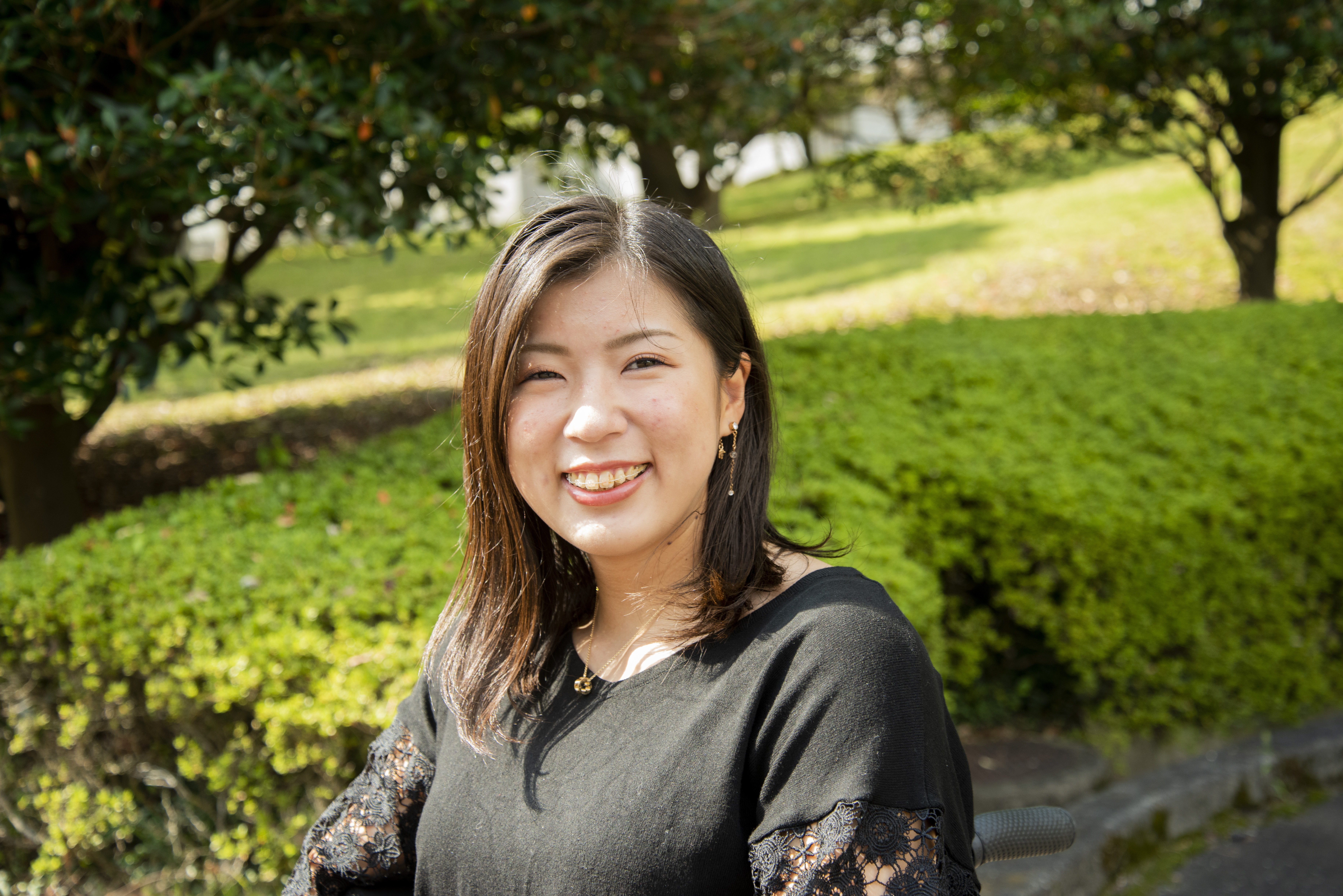
“If I’m going to start again, now is the time”
–Can you comment about competing in track and field events in the upcoming Paralympic Games in August?
“When switching from track and field to skiing, I was hesitant about it. At the time, going to the Paralympic Games was my primary goal. Though I liked skiing, I switched to it mainly because there was a good chance of participating in the Paralympic Games. Even after switching to skiing, I still had a feeling that I want to get into track and field again. But there were no opportunities or chances. And when the Pyeongchang Paralympic Games were over, I didn’t want to quit, so I wanted to give track and field one more try. Also, I thought a lot during last season and decided to take on the challenge because, given the environment and my feelings, I thought if I’m going to start again, now is the time.”
–Have you been able to make the switch mentally?
“Although I did track and field in the past, it was very difficult because I was starting from almost zero. To be honest, there was a time when I thought, “Why did I start track and field?” And in that sense, it may have become an extra burden. That said, every day is really fun. Training is very hard, but I feel I am training a new and challenging sport.”

–Did you have concerns when you started track and field?
“Oh, yes. After all, the reactions from people were scary. Of course, I was worried about my own competition, and I was very anxious about whether I could compete in the event.”
–Was there any pressure despite the high level of media attention?
“I was honestly worried that people who competed in the summer and in track and field would wonder why I would try my hand at track and field when I already had good results in winter sports. If the shoe were on the other foot, I’d wonder, “What’s with her?” too. I didn’t feel that I wanted others to accept my decisions, but it is true that I felt people would wonder, “What is she thinking?” or kind of shut me out. On the other hand, the media reported that “the winter queen will take on summer.” That’s written positively but exaggerated, isn’t it? But, there was a big difference between positive exaggeration and my own negative expectations. When I actually started, I wasn’t criticized much, and I found that a lot of people understood me and the people around me knew that I had accomplishments and wasn’t here to play, of which I am very grateful for.”
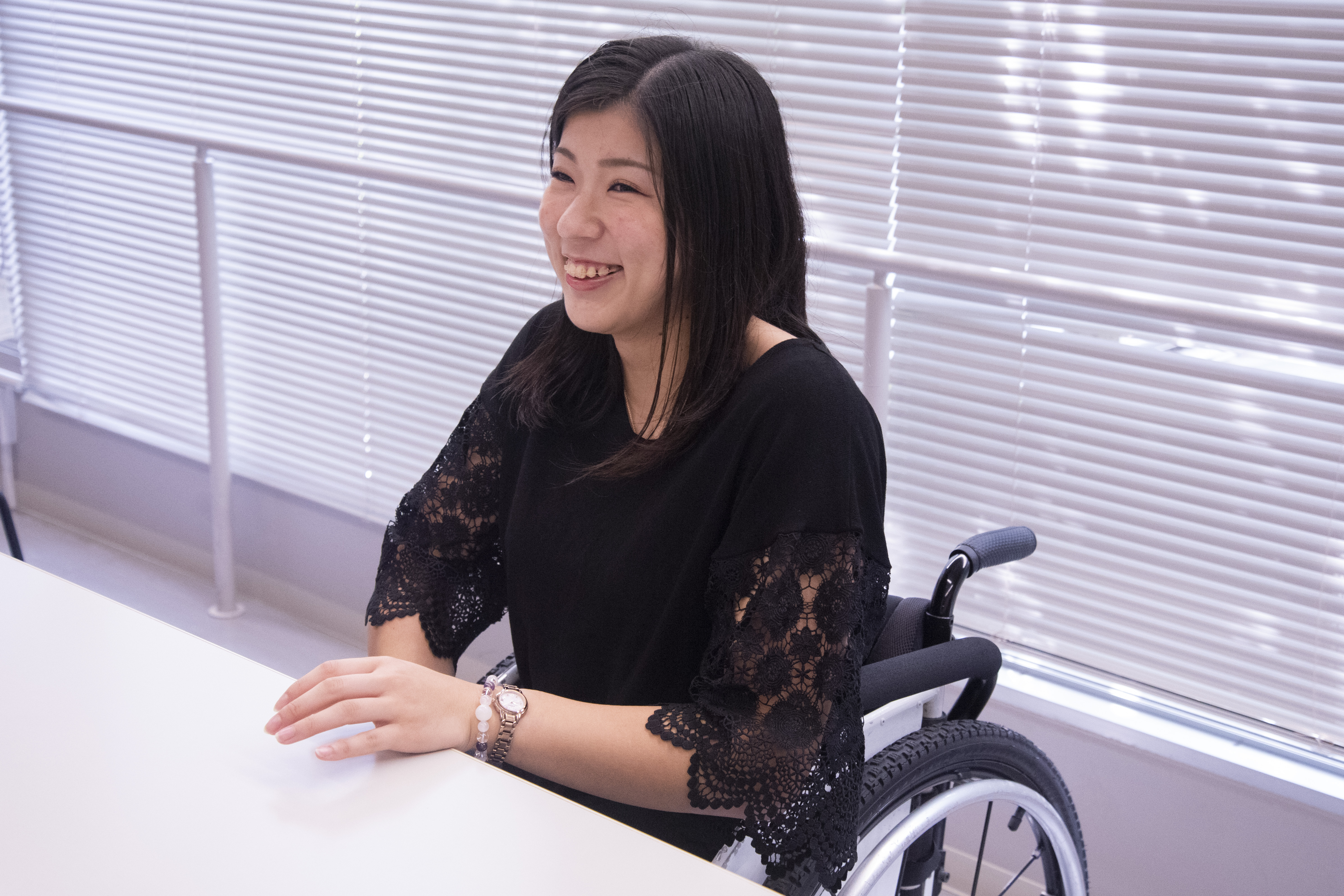
“I want to cherish the process, not just the Paralympic Games”
–If you are chosen to compete at the Tokyo Paralympic Games, it will be the first summer Paralympic Games for you. What are your thoughts on that?
“Right now, I’m not at a level where I can participate in the Summer Paralympic Games, so it’s difficult to think about it. If you set your sights on the Paralympics and make that your only goal, you will feel that there is nothing left if you’re unable to get there. Instead, I think that it won’t be a waste of time during this period to start a new challenge and balance academics, competition, and hard training by becoming a member of Toyota Motor. I hope that there is something ahead while I enjoy competing. Of course, my goal is to be in the Paralympics, but I want to cherish the process up to that point.”
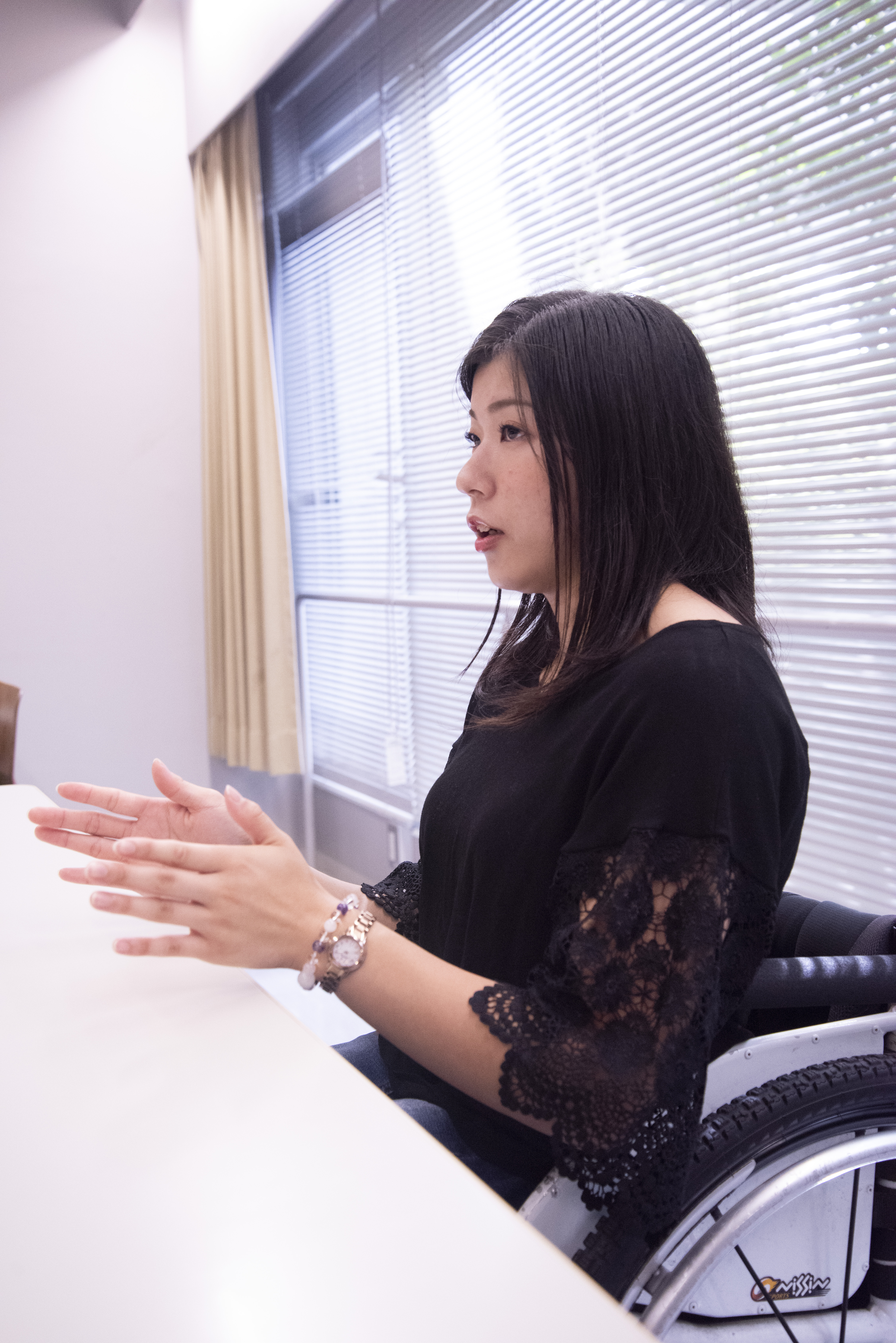
“Lucky to be at home during the Tokyo Paralympics”
–What are your thoughts on the Olympics and Paralympics taking place in Tokyo?
“There were so many Japanese when I competed in the Pyeongchang Games, that probably 70-80% of the audience was Japanese. Even if the person who came to support me was another Japanese athlete, we supported each other as the team members and Japanese nationals. The crowd roared when I got a medal or won, and it felt like home even though I was in South Korea.
I feel completely at home with the next Olympics being in Japan. I’m sure there will be a lot of Japanese supporters, and in that respect, I think they will be a big help to athletes. The competition environment is perfect too, since there will be no adjusting to time differences, and I’ll be eating food I’m accustomed to.”
–What are your current challenges for the Tokyo Paralympics?
“Everything. The 100 meters is my main event, but there is a lot going on within that short distance of 100 meters. Everything is a challenge, and can be divided into the start, acceleration, and continuity.”
“I love sports and having fun is the most important thing”
–What is the most important thing to you in sports?
“Having fun. To love sports and have fun. That’s it.”
–What do sports mean to you?
“Sports is probably the world to me. Because I played sports, my world expanded and I was able to get involved and communicate with various people, and I could go to places I had never been. I don’t think I would have met so many people if I didn’t play sports. The relationship with the manufacturers that support us is the same, and I’m sure that I wouldn’t have entered Waseda University if I didn’t play sports. My life so far has been sports, so it means the world to me.”
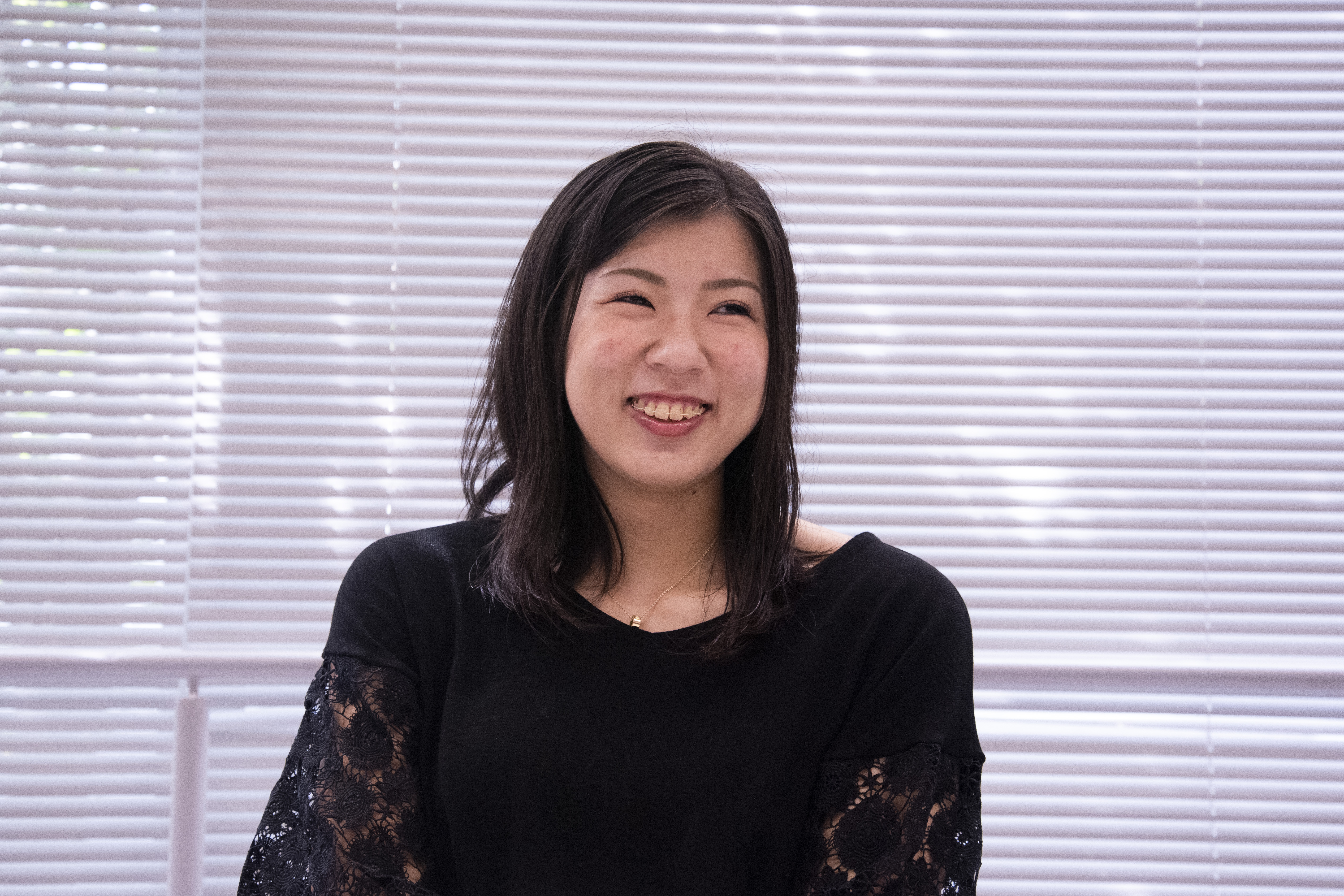
Interview and article by Yo Ishina and Ayano Nishiyama (Waseda Sports Magazine)
Photos: Kei Teshirogi (Waseda Sports Magazine)

